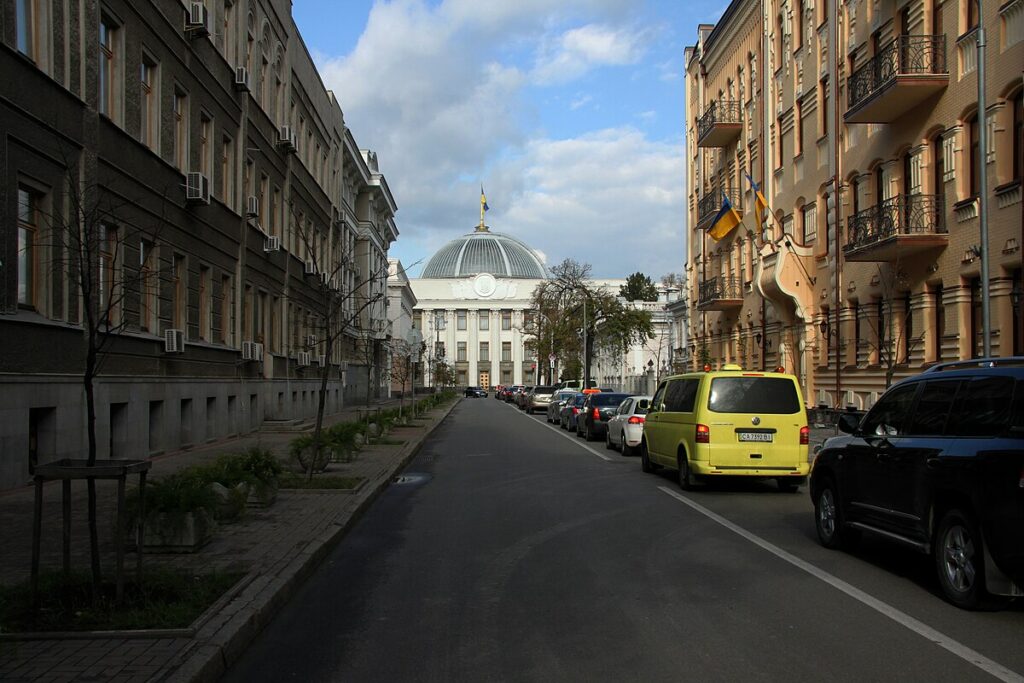The European Commission adopted last Wednesday the 2023 Enlargement Package which has been described as historic because it for the first time in many years includes ten countries and their respective paths towards accession to the EU.
The Commission writes that it has opened up a window of opportunity for all countries striving to join the EU. While accession is and will remain a merit-based process, fully dependent on the objective progress achieved by each country, the process can also be accelerated.
The ten countries are six countries in the Western Balkans (Albania, Bosnia and Herzegovina, Kosovo, Montenegro, North Macedonia, and Serbia), Turkey, Ukraine, Moldova and Georgia.
“It’s indeed a landmark enlargement package which answers the call of history,” said Gert Jan Koopman, Director-General of DG NEAR (Directorate-General for Neighbourhood and Enlargement Negotiations), at a seminar arranged by the European Policy Centre (EPC) last Friday. He reminded that the EU, which today is often seen as an economic project, was and continues to be a peace project.
Joining the EU is quite existential for the candidate countries and integrating nine countries is a daunting task for the EU, he added, deliberately omitting Turkey, which has been backsliding and whose accension process has been suspended. “Turkey is an important partner to the EU and we should engage them without excluding them from future accession.”
As previously reported, the Commission recommended that the Council opens accession negotiations with Ukraine and Moldova. The European Council will meet in mid-December. However, negotiations will not start immediately after the Council meeting, assuming that the decision will be positive.
The Commission recommended that the Council adopts the negotiating frameworks once Ukraine and Moldova have adopted certain key measures. The Commission stands ready to report to Council by March 2024 on the progress relating to these measures.
It might have come as a surprise for some and a disappointment for Ukraine that the Commission did not recommend the opening of negotiations at once after a positive decision by the Council. During her visits to Ukraine, Commission President von der Leyen repeatedly stated that she was impressed by Ukraine’s progress in the reform process while defending itself against Russia’s war of aggression.
She also gave the impression that Ukraine was very close to next phase in the accession process since it was granted candidate status in July 2022 – opening formal negotiations. In fact, according to the Commission’s own assessment, Ukraine has completed four of the seven steps in the reform process (1, 2, 4 and 6) and more than 90 % of the actions under all steps.
Under the other steps (3 -anti-corruption, 5-anti-oligarchs and 7-national minorities), there are only four laws that need to be enacted and not even implemented. The Commission recommended that the Council adopts the negotiating framework once Ukraine has enacted the following laws:
- A law proposed by the government increasing the staffing cap for the National Anti-Corruption Bureau of Ukraine
- Amend a law on corruption prevention and the provisions on verification of assets
- A law regulating lobbying in line with European standards, as part of the anti-oligarch action plan
- A law addressing recommendations linked to the Law on national minorities (incl. state language, media and education)
Albania and North Macedonia started accession negotiations in July 2022 with the opening of Intergovernmental Conferences with the EU member states. Montenegro and Serbia have been conducting negotiations for some years and still do no met the opening benchmarks of some of the chapters. Compared with them, Ukraine seems better prepared for accession negotiations despite the war.
“It’s essential for Ukraine to reach 100 % of the requirements,” Koopman insisted. He described the drafting of the negotiating framework as a “staging point” and not a condition. The recommendation to open negotiations with Ukraine is not conditional, he stressed. “We are used to look at enlargement as a process divided into separate phases but this is an outdated description.”
“I have already instructed my teams in DG NEAR to go to Ukraine and Moldova and start the screening as soon as the Council has taken its decision,” he told The Brussels Times, referring to the detailed examination of a candidate country’s compliance with EU law (the acquis). Normally, the formal screening starts after the intergovernmental conference.
The candidate countries have to prepare “roadmaps” for the negotiating framework and can start already now, he added. “Given the good work they already have done, I’m confident they’ll make it but it may take some time.”
The EPC, which is co-funded by the EU, launched also a task force on enlargement chaired by Stefan Füle, a former Czech diplomat who served as Commissioner for enlargement during 2010 – 2014. On 1 May 2004, 10 countries, including his own country, joined the EU in what was then the largest expansion of the EU. Accession back then was not always based on a solid track record. After some years, some of the new member states started backsliding on reforms.
“Our role in the task force is not to mirror the work of the Commission but to act as its partner,” the former Commissioner said. He explained that the enlargement process had chanced since he was in charge of it. Enlargement is not a “ticketing of boxes” but should be a transformative process, based on lessons learned, with focus on the fundamentals, such as judicial and public administration reforms.
For the Commission's Communication on Enlargement and all country reports, click here.
M. Apelblat
The Brussels Times

